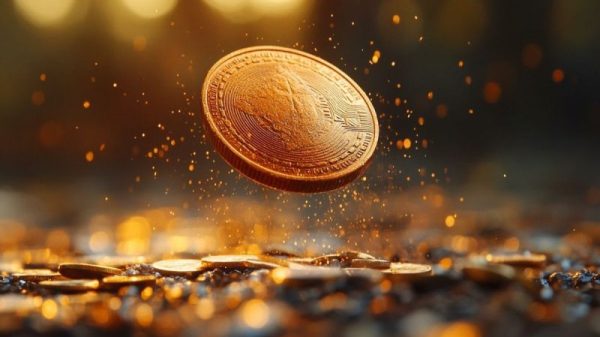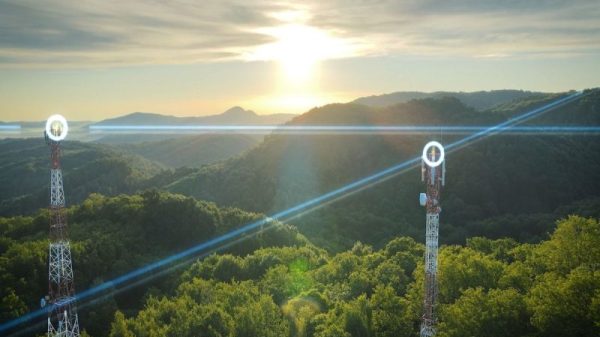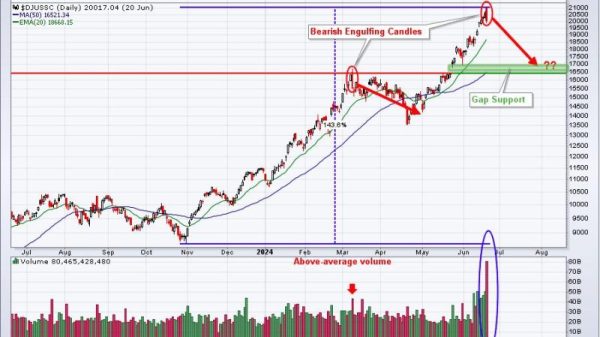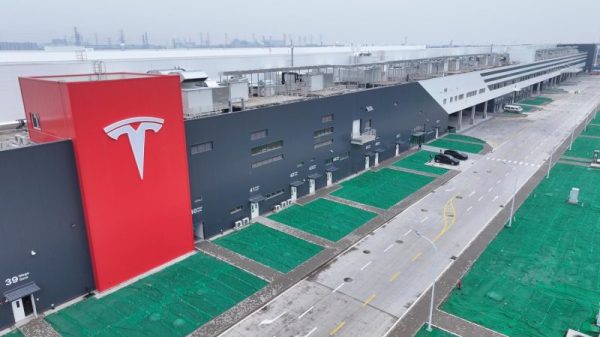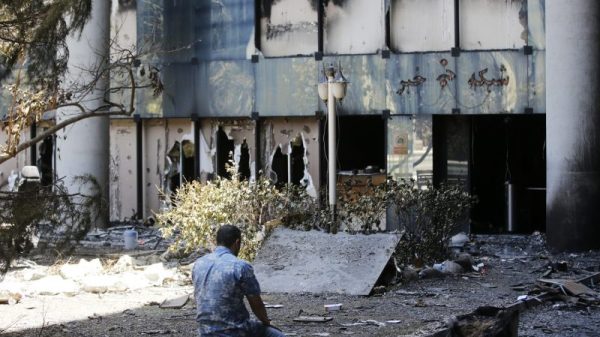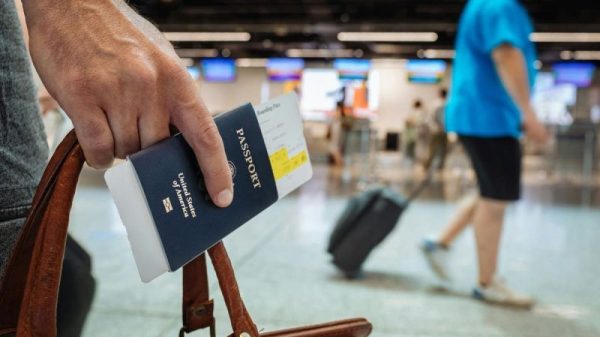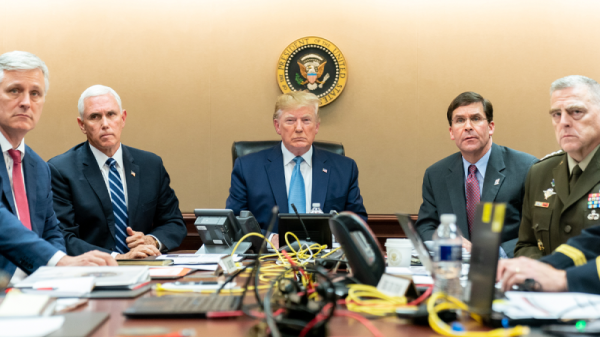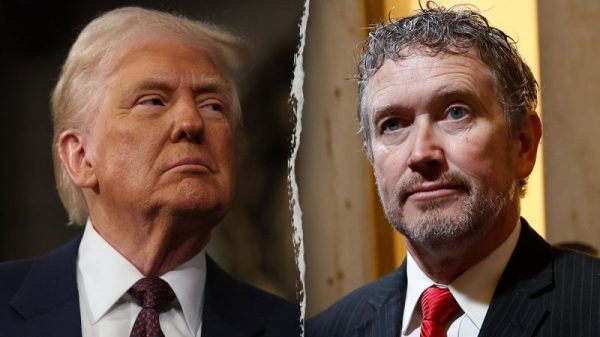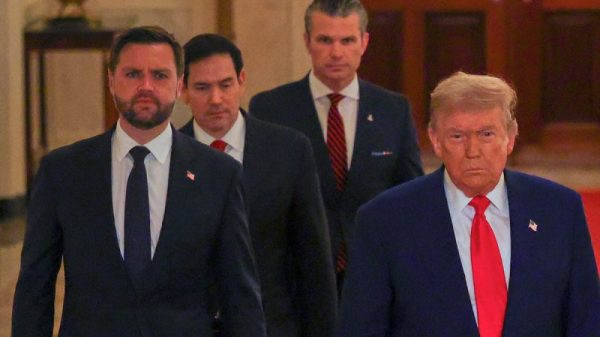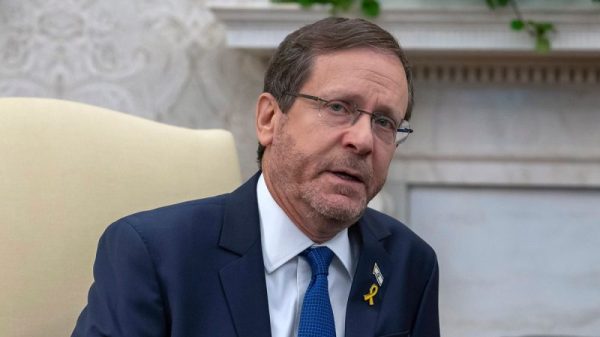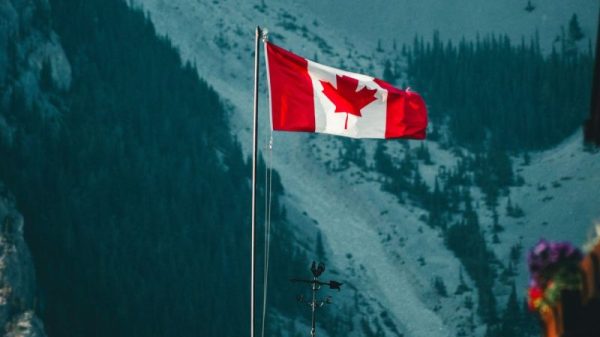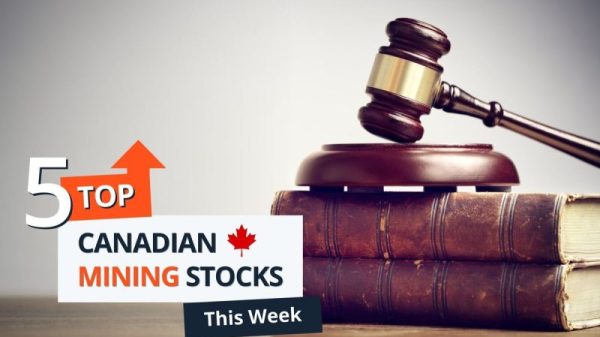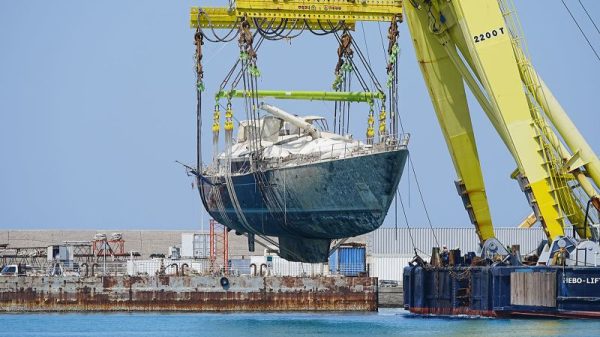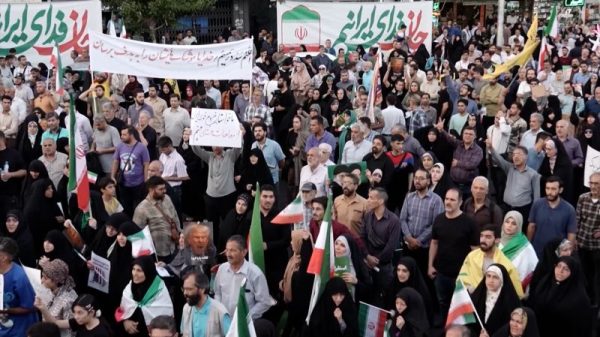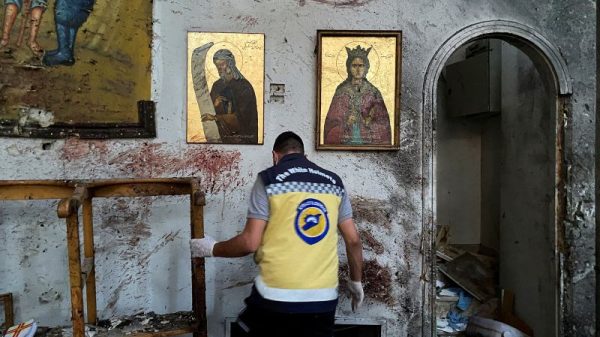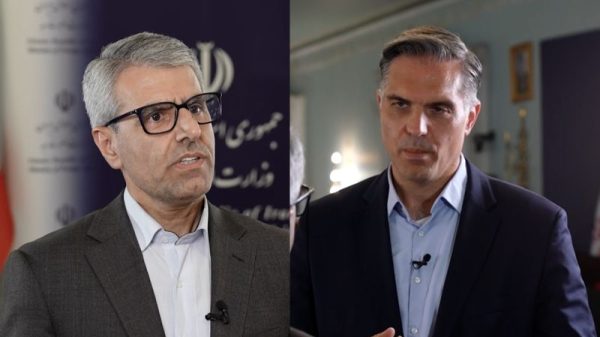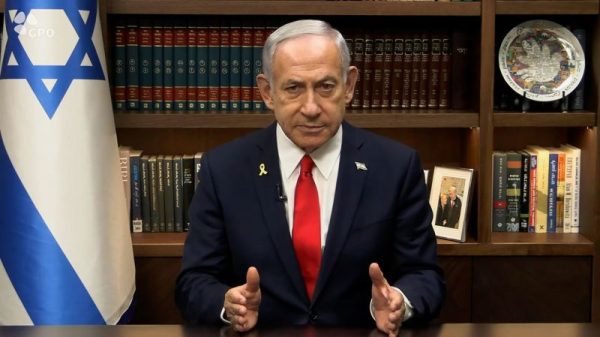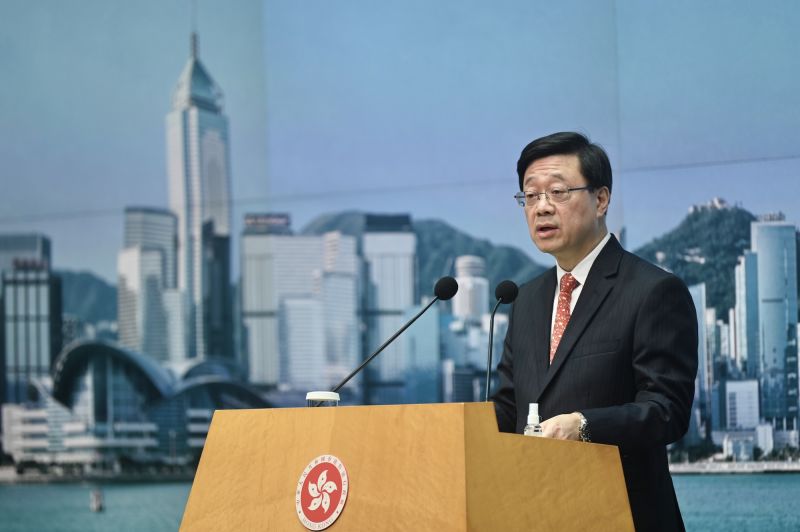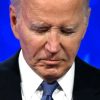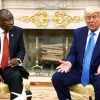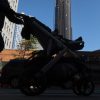Hong Kong’s government unveiled a new suite of powerful national security laws on Friday that critics and foreign governments warn could deepen the ongoing crackdown in the city and further undermine its reputation as an international business hub.
The 212-page draft bill tabled into the city’s opposition-less legislature introduces a range of new national security crimes including treason, espionage, external interference and disclosure of state secrets.
The most serious offenses are punishable with up to life imprisonment, with the involvement of “external forces” – a byword for foreign governments and organizations – treated as an aggravating factor.
China and Hong Kong’s leaders say the laws are needed as part of their drive to “restore stability” following huge and often violent democracy protests in 2019 and argue their legislation is similar to other national security laws around the world.
Critics counter that what China’s Communist Party views as national security offences are far broader and more sweeping, often ensnaring political criticism, dissent and even business activity that would not be criminalized elsewhere.
They point to the application of national security laws in mainland China as well as in Hong Kong where a Beijing-imposed national security law has already transformed the once outspoken city since 2020, silencing almost all dissent and jailing dozens of political opponents. Many civil society groups have disbanded, and outspoken media outlets have shut down.
The new draft Hong Kong law – known locally as Article 23 – is aimed at “filling the loopholes” left by the Beijing-imposed version enacted in 2020, according to the Hong Kong government.
A previous attempt to pass Article 23 laws back in 2003 sparked huge protests and a government u-turn.
But the atmosphere in Hong Kong this time around is very different.
Many of the city’s leading pro-democracy figures are in jail either convicted or facing charges under the 2020 national security law.
Others have fled overseas, and the city’s once raucous legislature has been cleared of pro-democracy opposition politicians, resembling instead the type of rubber stamp bodies favored by the Chinese Communist Party on the mainland.
Public consultations for the new laws this time lasted 28 days, two months short of the time given during the earlier attempt in 2003 when hundreds of thousands of residents hit the streets in protest.
The government said 98% of the 13,147 pieces of feedback it received during the consultation period “showed support” for the new law and just 0.7% voiced opposition, including a dozen from what it called “overseas anti-China organizations or abscondees.”
Hong Kong’s legislature convened special sessions for the first and second reading of the proposed bill on Friday and within three hours after it was tabled.
They were prompted by Hong Kong’s leader John Lee – a former police officer and security chief – who told lawmakers to pass the law “at full speed.”
“Completing the legislative work even one day earlier means we can more effectively safeguard national security one day earlier,” he said in a letter to the legislature on Thursday.
Authorities have yet to announce when a third reading will take place.
Last month, the United States warned Article 23 risks “compounding the 2020 National Security Law that has curtailed the rights and freedoms of people in Hong Kong.”
In a statement, the US Department of State said it was concerned by the “broad and vague definitions of ‘state secrets’ and ‘external interference,’” which could potentially be used to silence dissent, and some of the provisions that may have extraterritorial effects.



